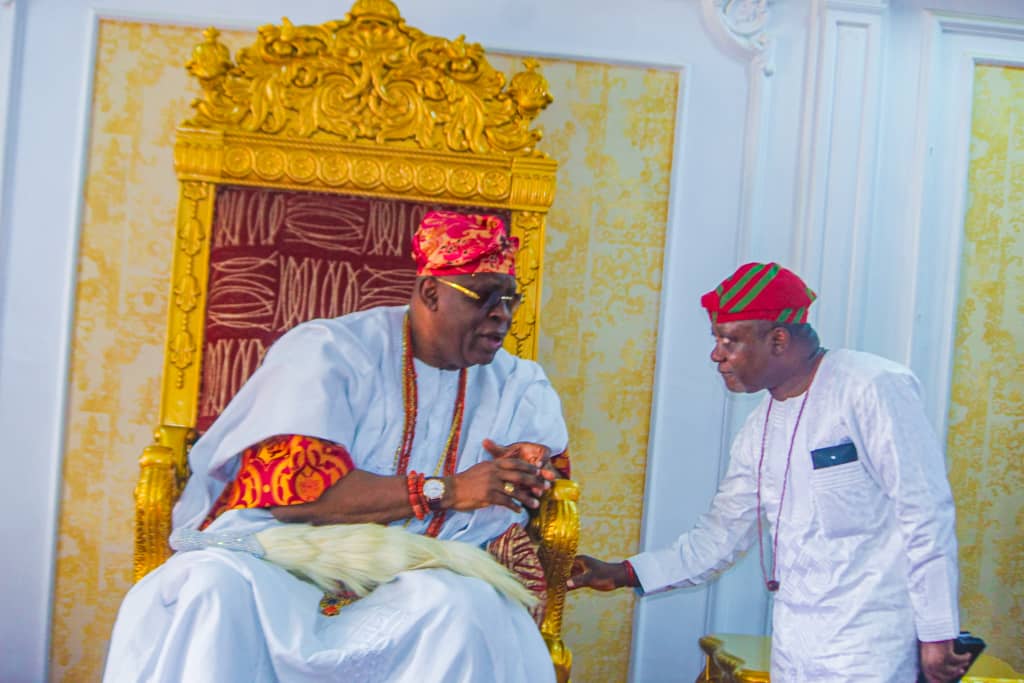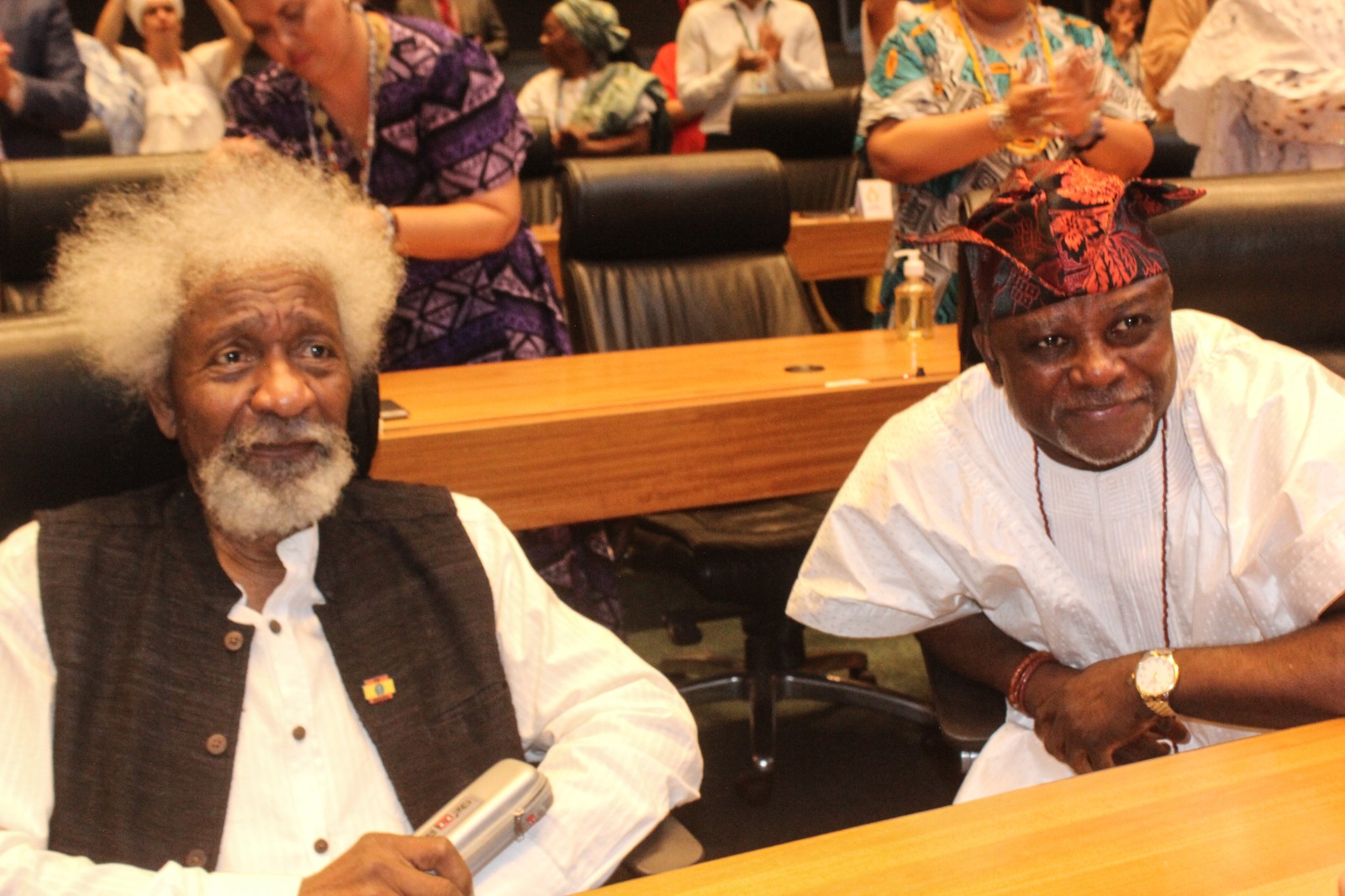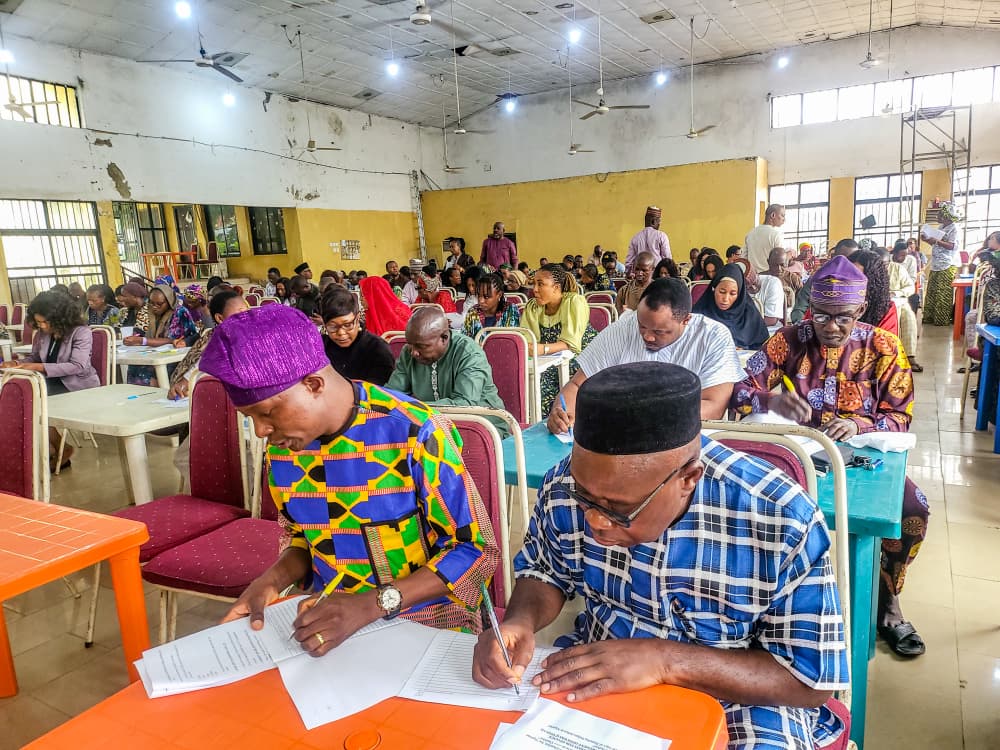In a bid to ensure strict implementation of deliberations at the just concluded National Summit on Culture and Tourism, organized by the Federal Ministry of Information and Culture on the theme: “Repositioning Culture and Tourism in a Diversified Economy”, the Honourable Minister, Alhaji Lai Mohammed, has set up a Post-Summit Committee to go over recommendations and give possible timelines for implementation.
Announcing the constitution of the committee at the end of the Summit, the Minister said Dr. Paul Adalikwu will serve as Chairman, Mrs. Bolanle Austen-Peters, Chief Tomi Akingbogun, Mr. Bertram Azuwuike and Mr. Sheriff Abdulhamid, as members, and Mr. George Ufot (Director, International Cultural Relations in the Ministry) as Secretary, disclosing that his major concern from the very beginning of the Summit was how to ensure that it’s not just a waste of energy, time and resources.
His words: “All through this Summit, my major concern has been how to ensure that this will not just be a waste of energy, time and resources? I consulted my Permanent Secretary and other stakeholder and we decided that the best way to ensure that this is not just another talk show is to set up a small Implementation Committee that will make recommendation and give, if possible, a timeline for implementation of what we have discussed in the last two days.”
“We are going to turn over; all the materials from resource persons and panellists, their jottings as well as outcome of communiqué and the idea is to give the team four weeks to turn over this mass literature and make recommendations so that at the end of their deliberations, we will call a small stakeholders meeting comprising of representatives from the various organisations beginning from music, tourism and culture to see how we can implement our recommendations. That way, by the grace of God, this will not be a wasteful exercise.”
On the issue of migration from analogue to digital broadcasting, the Honourable Minister maintained that the take-off of a pilot scheme of digital broadcasting in Jos, the Plateau State capital, apart from addressing the issue of piracy, will go a long way in helping the industry, as artists will now be able to release their works of arts on a platform, where people can go to buy their products.
“I am very proud to tell you that in Jos, we are switching from analogue to digital broadcasting in a pilot scheme, where the average television viewer can watch over fifteen (15) free-to-air television channels. The beauty of this is that as from now, in Jos, the average television viewer who cannot afford a satellite television or cable and has our decoder can be able to see not only fifteen (15) channels free of charge but will have better resolution on television; and from there on, it means all television stations will not have to bother with signal distribution but only concentrate on content.”
He therefore expressed confidence that with the development, the creative industry will have a lot to benefit because there is going to be a huge demand for people to create soap operas and content, which is also a way of unleashing the immense talents of the Nigerian youth.
Caleb Nor
Corporate Affairs Unit
NICO, Abuja


